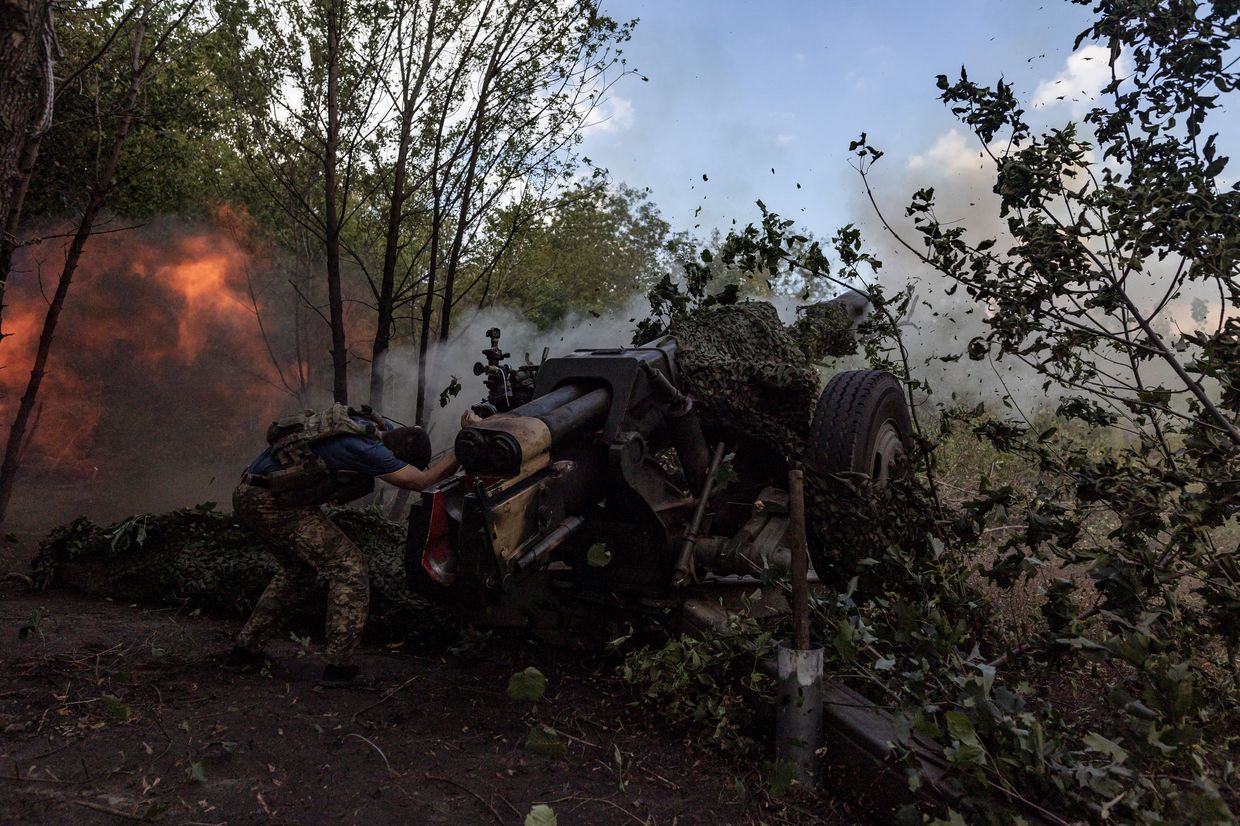Deputy Pentagon Press Secretary Sabrina Singh denied Russian claims that depleted uranium rounds the United States is due to send to Ukraine could cause an increase in cancer and other diseases during a press conference on Sept. 7.
The Biden Administration announced this week that the US would send air defense, artillery, and anti-tank weapons to Ukraine as part of the latest package of military aid. The anti-tank weapons include depleted uranium rounds for Abrams tanks, which will arrive in Ukraine in the coming weeks.
Depleted uranium is a by-product of uranium enrichment. It is roughly two and a half times denser than steel, which makes it particularly effective for piercing heavy armor on the battlefield.
The Russian government called the decision to send the depleted uranium rounds an "inhuman act," stating that the munitions could create a radioactive cloud that would lead to cancer and other serious health issues.
Singh stated that US is confident that the munitions will be used responsibly by Ukrainian forces and Russian claims about the rounds are unfounded.
"The CDC has stated that there is no evidence that the depleted uranium rounds cause cancer," Singh said. "The World Health Organization reports that there has been no increase of leukemia or other cancers....Even the IAEA has stated unequivocally that there is no proven link between D.U. exposure and increases in cancers or significant health or environmental impacts, so I would push back on that."











